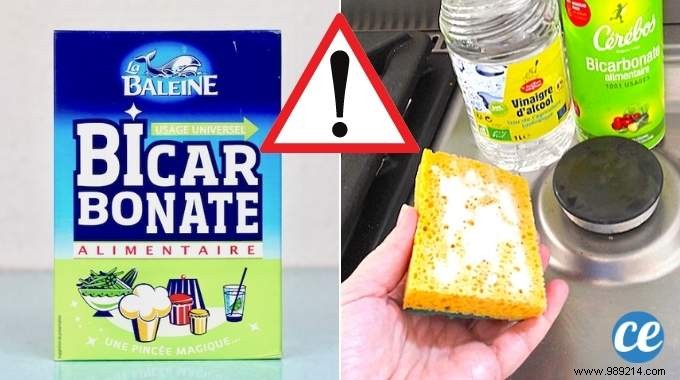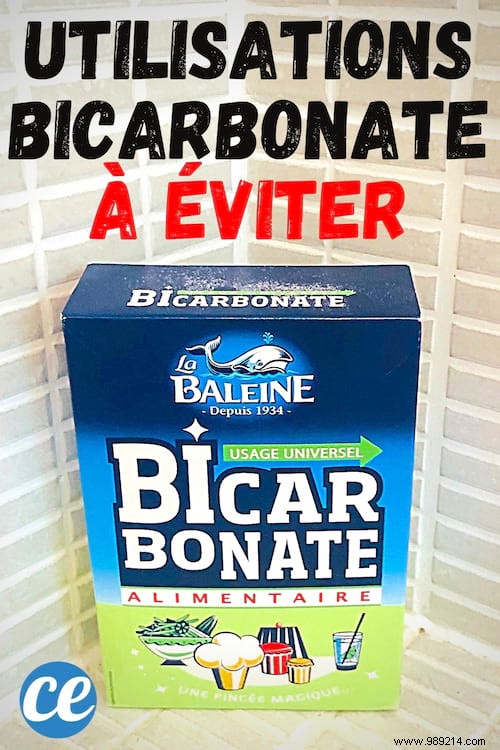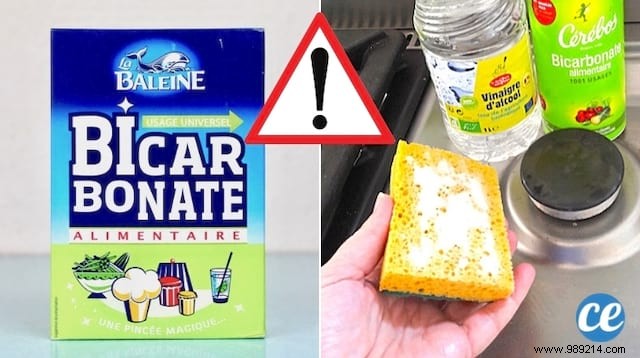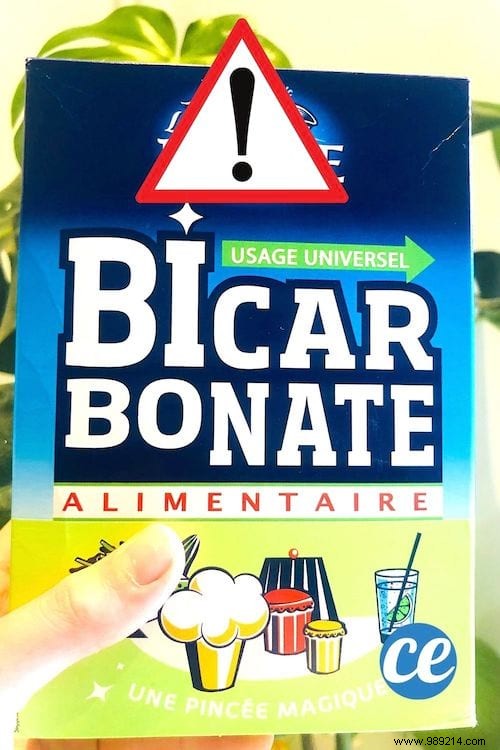
Baking soda is a trusted natural cleaner for countless household tasks, thanks to its gentle abrasive and deodorizing properties. But as experienced cleaners know, it's not ideal for everything. Certain surfaces and materials can suffer damage from its abrasiveness or chemical reactions. Here are 9 key examples to avoid, based on professional cleaning insights.

While baking soda works well on many metals, exercise caution with aluminum cookware. A quick application followed by immediate rinsing is safe. However, leaving it on too long can trigger oxidation, leading to surface discoloration. It's a minor issue, but easily prevented.
To discover: 7 Easy Tips For Cleaning All Types Of Pots And Pans.
Baking soda shines tarnished silverware quickly, but experts caution against it for antiques. Its fine grains can be too abrasive, potentially scratching delicate finishes—especially on lower-quality pieces. Avoid it on silver with stone inlays like turquoise or pearls. For heirlooms, consult a professional.
To discover: The Only Miracle Product To Clean Silverware Easily.
Gold plating on dishware is often thin or an alloy like brass. True gold edges on porcelain are soft and prone to scratching, even from mild abrasives like baking soda. Handle with care to preserve the luster.
To discover: 5 Magic Tricks To Clean Gold Jewelry.
Though occasionally suggested for marble, pros recommend dedicated cleaners for repeated use. Baking soda may etch the surface over time. For safe spot-cleaning, dilute heavily and avoid aggressive rubbing—light use rarely causes issues.
To discover: Here's How To Clean And Shine MARBLE Easily.

As an abrasive, undiluted baking soda risks micro-scratches on glass. Dilute it or use on a damp sponge for safety. It's excellent, however, for stubborn limescale on shower glass.
To discover: The Trick Of A Window Cleaner To Have Nickel Windows Without Any Trace.
Baking soda gently removes stains from wood, but its abrasiveness can dull varnishes or finishes with heavy rubbing. Use sparingly and lightly to protect your pieces.
To discover: The Economical Tip to Clean Wooden Furniture Naturally.
Baking soda excels at lifting grease and burnt-on residue from ceramic hobs due to its abrasive action. Avoid over-scrubbing to prevent scratches, and if a white residue lingers, a vinegar spray wipes it away instantly.
To discover: How to Clean a Ceramic Hob with White Vinegar.
Baking soda fights acne by purifying and drying pores, especially in natural mixes. Alone, however, it can dry out or irritate sensitive skin, causing redness. Blend with coconut oil and always follow with moisturizer.
To discover: 8 Incredible Benefits Of Hazelnut Oil For Your Skin.
Hair's natural pH (4.5-5) clashes with baking soda's alkaline 9, risking dryness, dullness, and brittleness with overuse. Balance it with an acidic rinse like vinegar, and limit frequency.
To discover: The Coconut Oil Mask Your Tired Hair Will LOVE.
Mixing baking soda and vinegar creates a fizzing reaction from gas release. Never store the combo in a sealed container—it could explode. Mix fresh each time.
To discover: 3 Things to Know Before Mixing Baking Soda With White Vinegar.

Baking soda's fine, abrasive grains demand care on delicate surfaces, much like avoiding harsh scouring pads. Reactive metals may discolor on contact—nothing destructive, but worth preventing for lasting beauty.